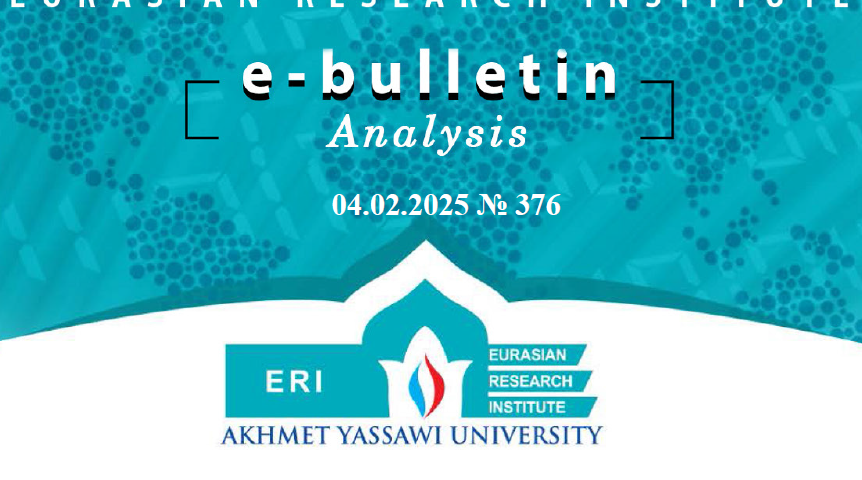Digital fraud has been a persistent issue for decades, with its origins tracing back to the early 1970s when email phishing first emerged, even though the term itself was not coined, and the practice did not gain widespread prevalence until the mid-1990s. Since then, the online world has seen scammers try their hand at everything from fake email addresses to exploiting information obtained from major data breaches [Strandell, 2024]. But email isn’t the only digital channel that’s been hacked. The earliest mobile phone scams emerged in the turbulent 1980s, and their prevalence skyrocketed in the 1990s. For example, phone owners receive text messages asking them to “quickly send” funds to a family member’s account. Password theft, website hacks, and spyware among other things have spread around the world at an alarming rate during this time.

